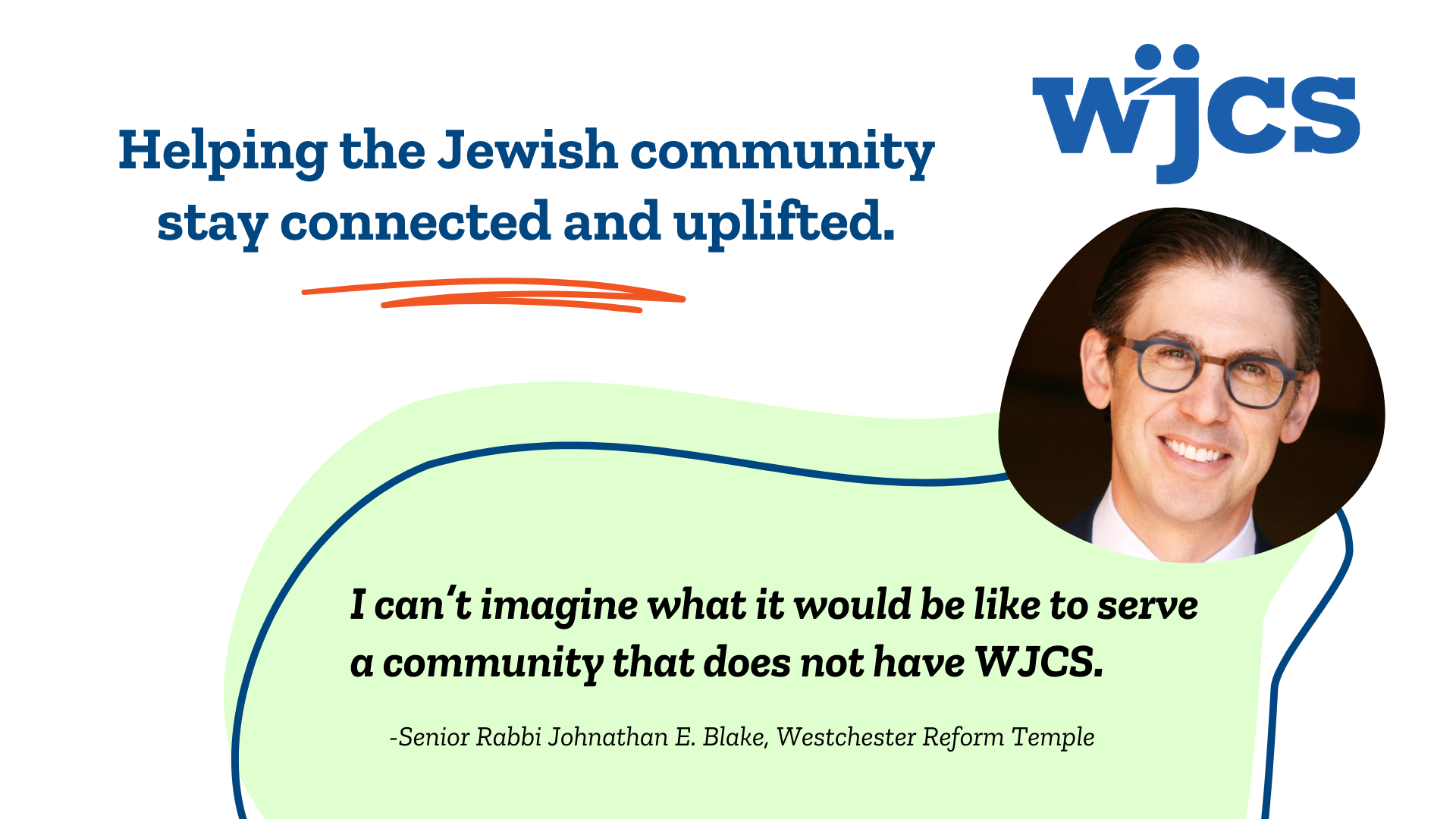When a child has behavioral difficulties at school, parents wonder how they can best support their child and if they should get involved with school staff or leave things to the experts at school to handle the situation.
It’s important to remember that you, as parents, are also experts when it comes to your child. In fact, you know your child better than anyone else does, and therefore can work alongside your child’s teachers to provide a consistent response that bridges home and school. That consistency between home and school gives children a clear message that there are limits and boundaries to contain them
Consistency and predictable routines go a long way in helping children to contain their behavior. It’s also important to remember to talk to your children and listen to them. Be sure to create opportunities and routines for them to connect with you and let you know what is happening in their lives. Even very young children need this. They need our undivided attention, if only for short periods of time. Mealtimes, bedtime, car rides to school or activities are opportunities for conversation and connection. When you label this time for your children as time together, rather than an obligatory errand or task, you build and enrich your time with them.
In our busy, often overscheduled lives, children need to feel that they are in their parents’ orbit. Tell them how pleased you are to be spending time with them when you are driving them around, ask them specific questions about their day when you are having a meal together, and give them undivided attention during their bedtime. This will help build their sense of self and family membership. And that sense of pride in oneself and one’s family is a bulwark against many challenges that children encounter.
Of course, it’s also important to think about possible causes of behavioral issues at school. Is there something going on at school or home that is contributing to the behavior? Are there concerns with your child’s peer relationships? Is there something of deeper concern going on with your child? These are all questions worth considering and discussing with your child’s teachers. And of course, professionals can help when you are not sure what the next move is, so always seek outside help if necessary.
_____________________________________________________________________
Ellen Weisberg, M.Ed., LMSW, is the coordinator of school-based services in Jewish Programs at WJCS (https://www.wjcs.com/project-seed/). She has been an early childhood mental health and educational consultant for over 30 years and works with families, teachers and early childhood center directors to help provide the best possible environment and experiences for young children, both at home and in educational settings. She maintains a private practice in Westchester, working with children and families.
This article was adapted from one first published in Westchester Jewish Life and is published with the permission of the publisher of Westchester Jewish Life newspaper.
Follow WJCS on Facebook, Instagram, YouTube, Twitter, and LinkedIn. @WJCSWestchester




